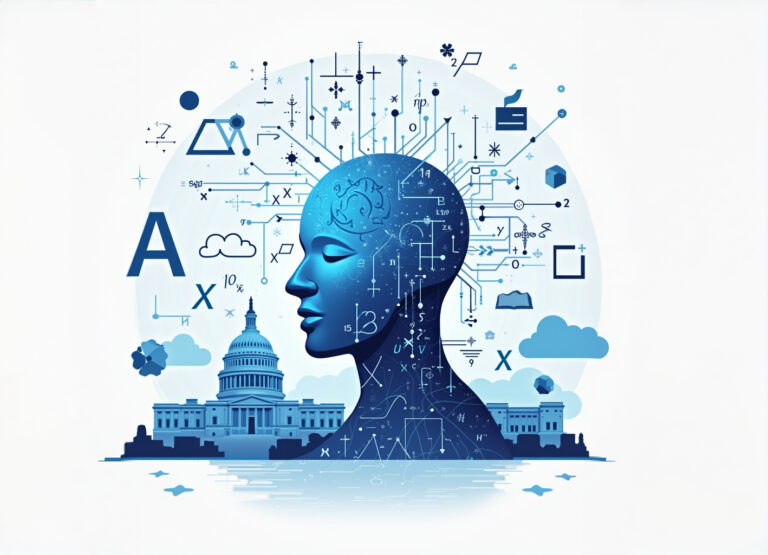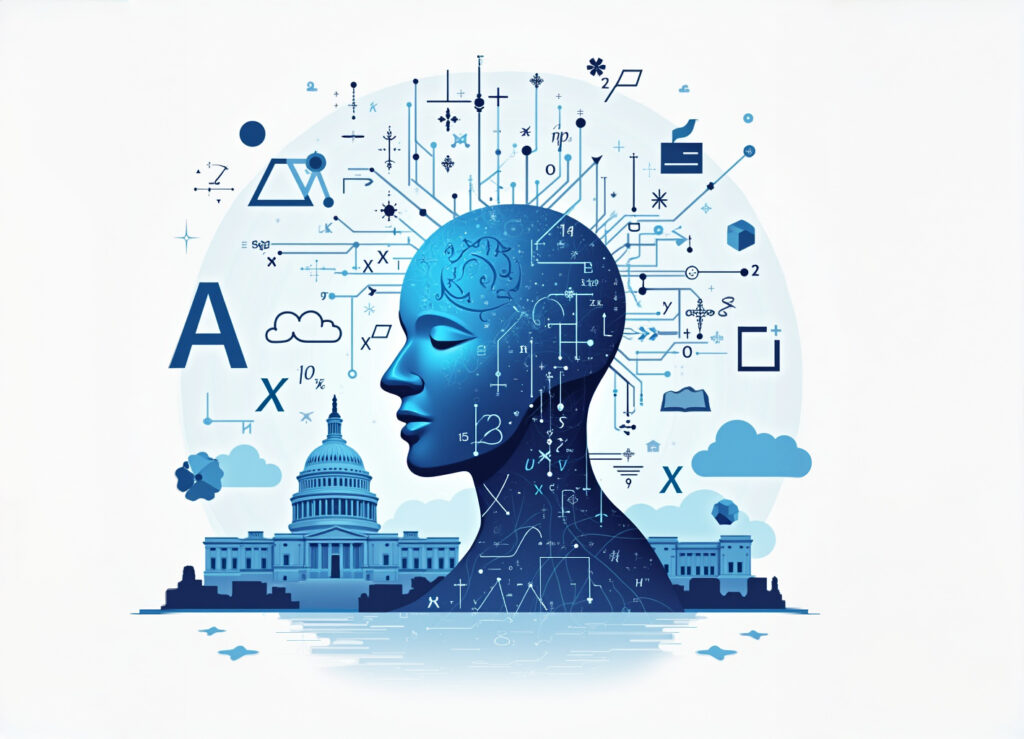The U.S. Defense Advanced Research Projects Agency (DARPA) has launched the Exponentiating Mathematics (expMath) program, seeking proposals from innovators in artificial intelligence and mathematics. This initiative opens up significant opportunities for researchers, AI developers, and mathematicians, aiming to transform how mathematical research is conducted and accelerate breakthroughs in pure mathematics.
Why Is DARPA Soliciting Proposals for expMath?
DARPA is soliciting opportunities because the pace of progress in pure mathematics has been notably slow compared to other scientific fields. Between 1878 and 2018, the annual growth rate of mathematical publications was less than 1 percent, a rate that lags behind advancements seen in other disciplines. Mathematics remains foundational to scientific discovery and technological innovation, yet the traditional approach-mathematicians working individually or in small groups-has changed little over centuries.
DARPA believes that by leveraging artificial intelligence, it is possible to “exponentiate” the rate of mathematical discovery. The expMath program specifically aims to develop an AI co-author capable of proposing and proving useful abstractions, such as lemmas, which are the building blocks of mathematical proofs. This approach targets the core of mathematical practice: breaking down complex theorems into reusable components and formalizing them in a way that can be easily communicated and built upon.
What Opportunities Does expMath Offer?
The expMath program is designed to create collaborative teams, bringing together experts from both the mathematics and AI communities. Here are some of the key opportunities for participants:
- AI Development for Mathematics: Teams can work on creating advanced AI systems that can automatically decompose mathematical statements into lemmas and formalize proofs, pushing the boundaries of current AI capabilities.
- Shaping the Future of Mathematical Research: Participants have the chance to fundamentally reshape how mathematics is practiced, making it more efficient and collaborative through technology.
- Cross-Disciplinary Collaboration: The program encourages robust engagement between mathematicians and AI researchers, fostering innovative solutions to longstanding challenges in mathematical abstraction and proof generation.
- Federal Funding and Recognition: Successful proposals may receive federal funding and support, providing resources and visibility to organizations at the forefront of AI and mathematics research.
- Professional Impact: By participating, teams can contribute to a project with the potential to accelerate scientific progress across many domains, as mathematics underpins much of modern science and engineering.
The Vision: AI as a Mathematical Co-Author
DARPA’s vision is to create an AI mathematician-an intelligent collaborator equivalent to a graduate student-capable of assisting with proofs and generating new mathematical ideas. This would not only speed up the process of discovery but also allow mathematicians to focus on higher-level creative and conceptual work.
As DARPA program manager Patrick Shafto emphasized, the goal is to bring about a fundamental change in the way mathematics is practiced, similar to revolutions seen in other scientific fields through the adoption of new technologies.
Check out the cool NewsWade YouTube video about this article!
References
Defense Advanced Research Projects Agency. (2024). Exponentiating Mathematics (expMath). SAM.gov. https://sam.gov/opp/869c8d7351c04234be43c45e2082b846/view
DARPA. (2024, April 30). DARPA Announces Exponentiating Mathematics (expMath) Program. https://www.darpa.mil/news-events/2024-04-30
Heaven, D. (2024, May 2). DARPA wants AI to help mathematicians prove new theorems. Nature. https://www.nature.com/articles/d41586-024-01379-7
















